This Sunday at Concorto features the first big innovation of this edition: afternoon screenings at the Salone Amici dell’Arte, at the Galleria di Arte Moderna Ricci Oddi Art (Via San Siro 13, Poacenza). We will present you the short films as in a silent cinema, that is to say, everyone will have their own headphones for an even more immersive experience. We will be waiting for you at 6 p.m. with the first part of Focus Colombia.
The day will then go on from 9 p.m. at Parco Raggio, Pontenure, with the films in competition (don’t forget the reviews below) and then with late night screenings in the Greenhouse, featuring EFA and Deep Night.
Datsun – Mark Albiston
As seen by Francesca Marchesini
A vintage car belonging to the father, a case of stolen beer and two teenagers with the younger brother to follow. Although the preambles are the ones of a classic teen movie, the short film by Mark Albiston reveals a more tormented and explosive spirit; though commonly we speak about five stages of grief which lead to the acceptance of the loss of a loved one, the work of the New Zealander director definitely focuses on the expression of the second stage: the anger. You could question an analysis on the relationship between the characters decidedly undefined, but the power of Datsun lies precisely in staging a physical representation of an emotional climax rather than focusing on the key steps of the story – here reduced to context that justify the feelings of the young protagonist.
By Flávio – Pedro Cabeleira
As seen by Francesca Marchesini
Is not yet another “explanation” on how the achievement of online popularity can turn into an unhealthy obsession…or maybe yes? Marcia is a young teenage mother very active on social media who got asked by a well-known rapper to take part in his next video clip; the meeting between the two fades from the professional interest to the romantic one evolving in a fight for power. The short film highlights especially the relationship between the girl and her son, an affectionate relationship, but sometimes overwhelmed by the strong presence online of the mother. Pedro Cabeleira lets that the social media invade also graphically his work, making the Instagram’s notifications intercept the viewer’s attention who sees them projected on the screen just like it happens for the characters of By Flávio which hear the phone ring.
Dancing Colours – Story ChenM. Reza Fahriyansyah
As seen by Francesca Marchesini
There are religious practices which seem very far from us, temporally speaking, as conversational rituals and possession. The short film Dancing Colors turns the spotlights on the exorcism within the Islamic religion and on how this is practiced nowadays on young people which do not reflect the social standards imposed by the family. M. Reza Fahriyansyah’s sight on this practise is not of complaint, even though the desire to accuse more the falsehood than the cruelty of the ritual emerges; the director’s decision of concentrate his focus on the boy involved in the exorcism and on his (fake) emotional switch, as simplistic as it may seems, is functional to strongly underline the absurdity of the practice.
Über Wasser – Jela Hasler
As seen by Vanessa Mangiavacca
There is freedom that could be so only underwater. When Eli emerges from the canals of the city to begin a new day, she will have to face everyday episodes of cat calling from the very beginning. They insinuate themselves in little moments scattered between one and the other, and they are emphasized by circumstances of loneliness and by the steady chase of the director’s gaze. The short film is given vitality, tangibility and sensitivity by the construction of the protagonist portrayed by actress Sofia Elena Borsani: her perception of the world is inevitably the same that we have. Acting is mimetic and corporeal in the interchange between the apathy towards suffered forces, frustration and the implosion of a rage that couldn’t be more justified and that will find then its own detonation point. With no rhetoric, the short film shows the reality experienced by every girl and woman, and it is possible to draw the conclusion that every western society, as it stands, will never be a safe place.
Frida – Aleksandra Odić
As seen by Vanessa Mangiavacca
The aseptic and cold hospital corridors are tempered by the presence of a nurse, Frida, and a female patient equal in age, both protagonists of this short film presented in 2021 at Cinéfondation in Cannes. Aleksandra Odić drew inspiration from her personal background to explore the delicate and shy relationship between the two women. The image of Frida is atypical and breaks the mold and the boundaries of the relationship between a nurse and a patient we are used to: in the mutual gestures of care and in those little attentions that don’t need to be clarified, we can see the birth of a special affinity that accompanies the patient in her last days.
Warsha – Dania Bdeir
As seen by Vanessa Mangiavacca
It takes a lot of courage to decide to work on the highest and most dangerous crane of all Beirut. When Mohammed, a Syrian refugee, decides to climb on one of the highest points of the whole Lebanese capital he looks for a place to escape, be free and be simply himself. In Warsha, Best International Short Film al Sundance 2022, the director and writer Dania Bdeir plays on two doubles and fascinating narrative tension never neglecting the political background: the discovery of the rude and male-dominated world of the crane operators and the revelation of the protagonist’s gender identity. The sound dimension too contributes to sharpen this split: the loud noises of the city and the building sites is opposed to the sweet and sinuous arab melody searched by Mahommed. Far from prejudice and glances that could never understand him and in the symbolic place for excellence of male labor, the young worker imagines and lives an aerial dance in the sky in a wonderful ruby show which moves and leaves you breathless.

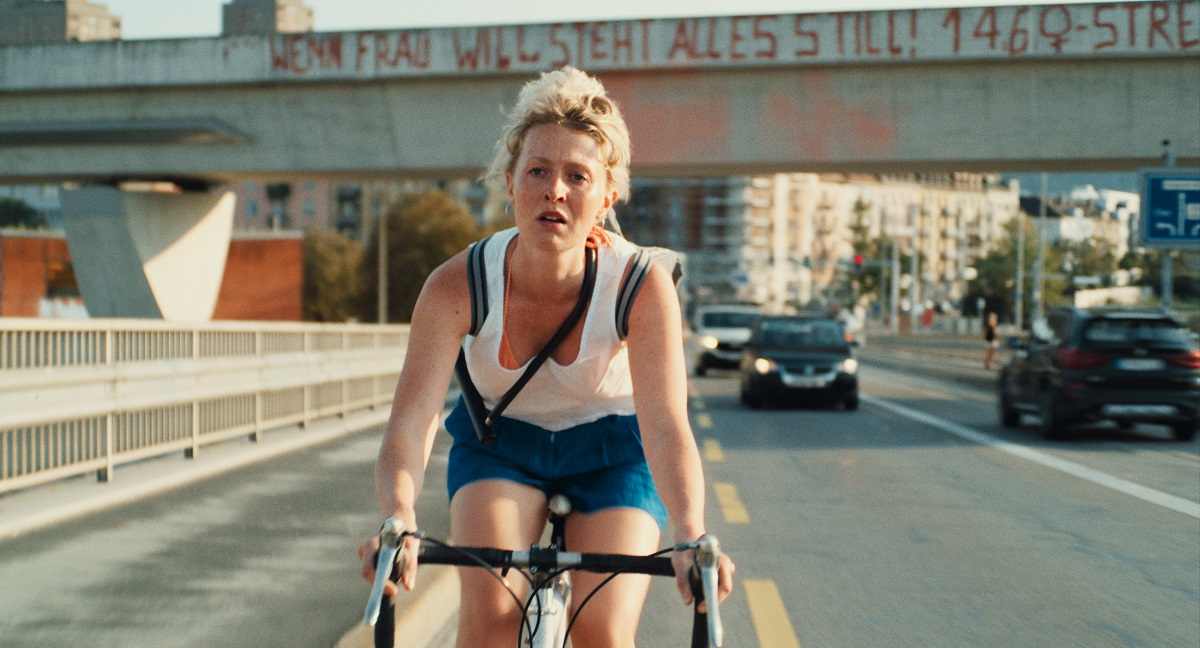
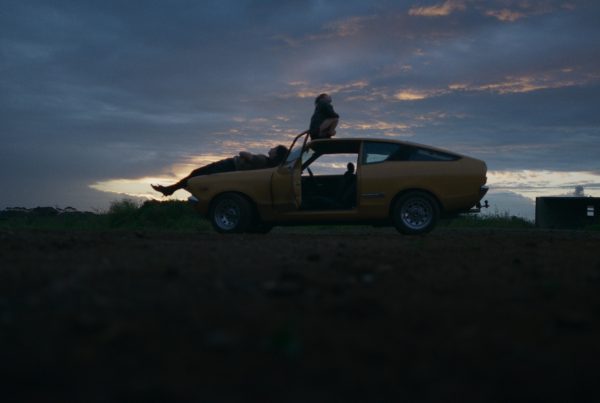
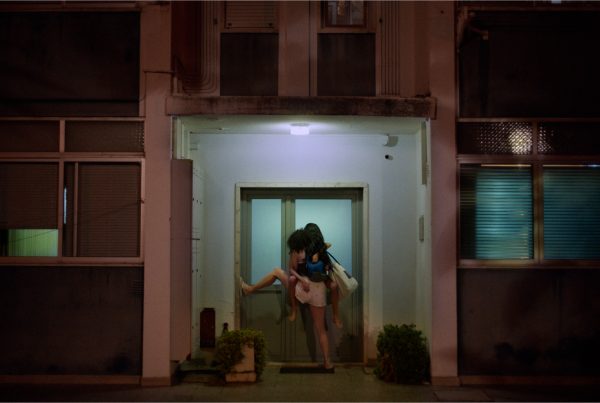
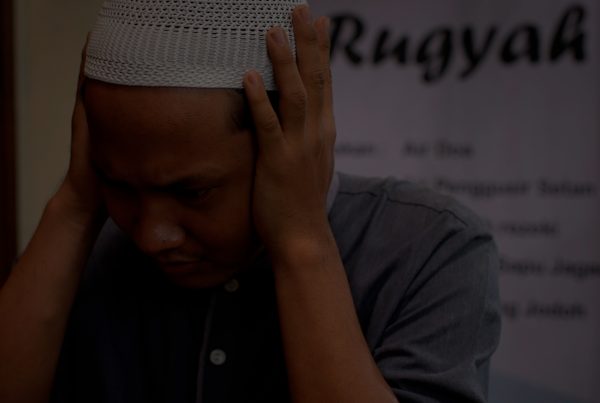
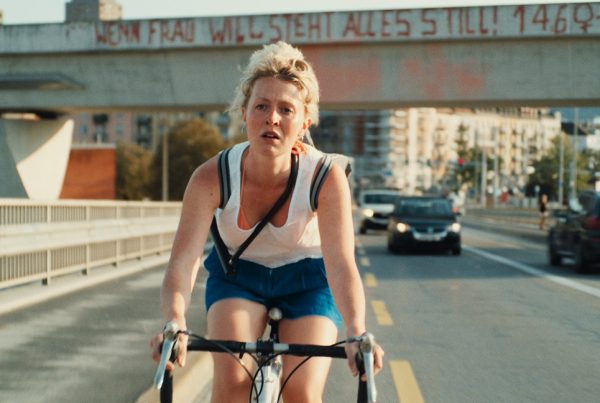
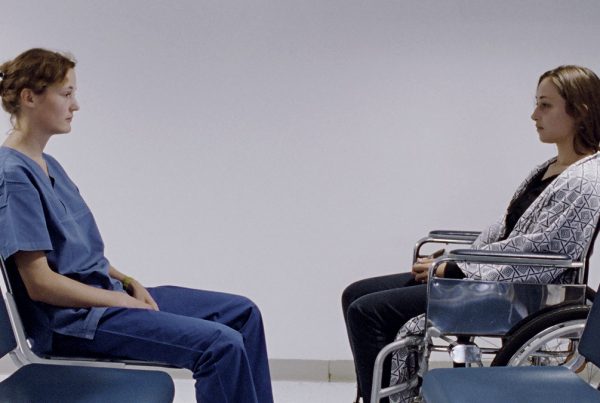
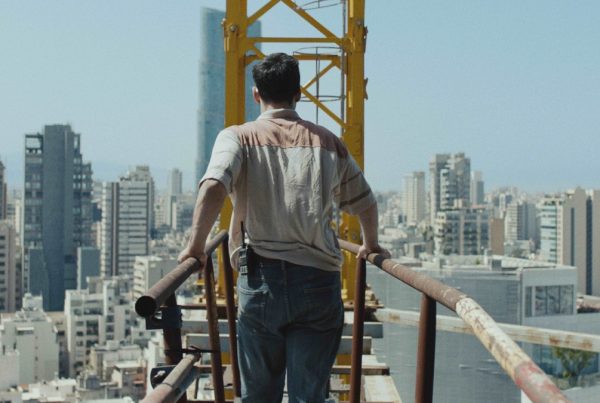






Commenti recenti